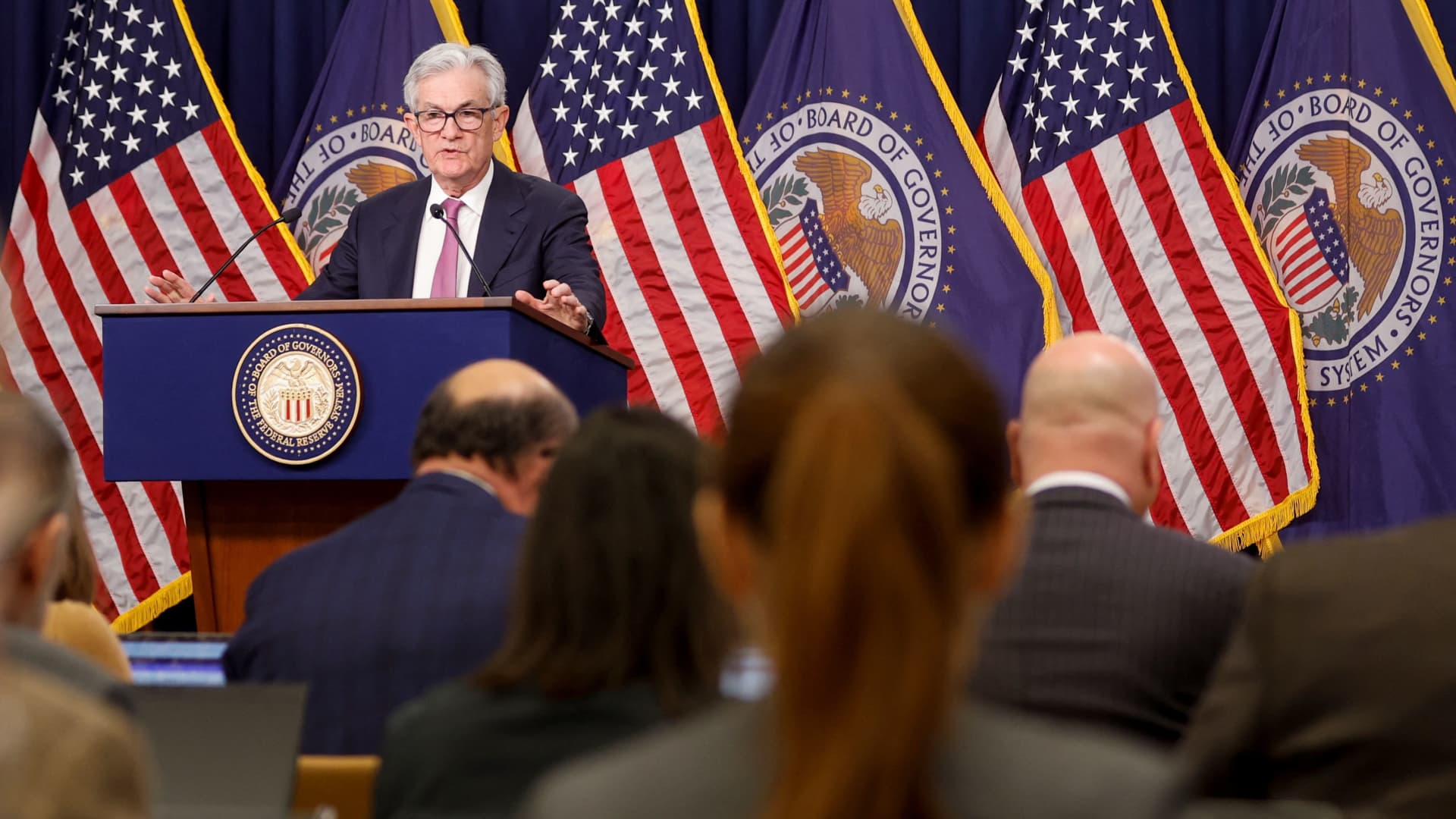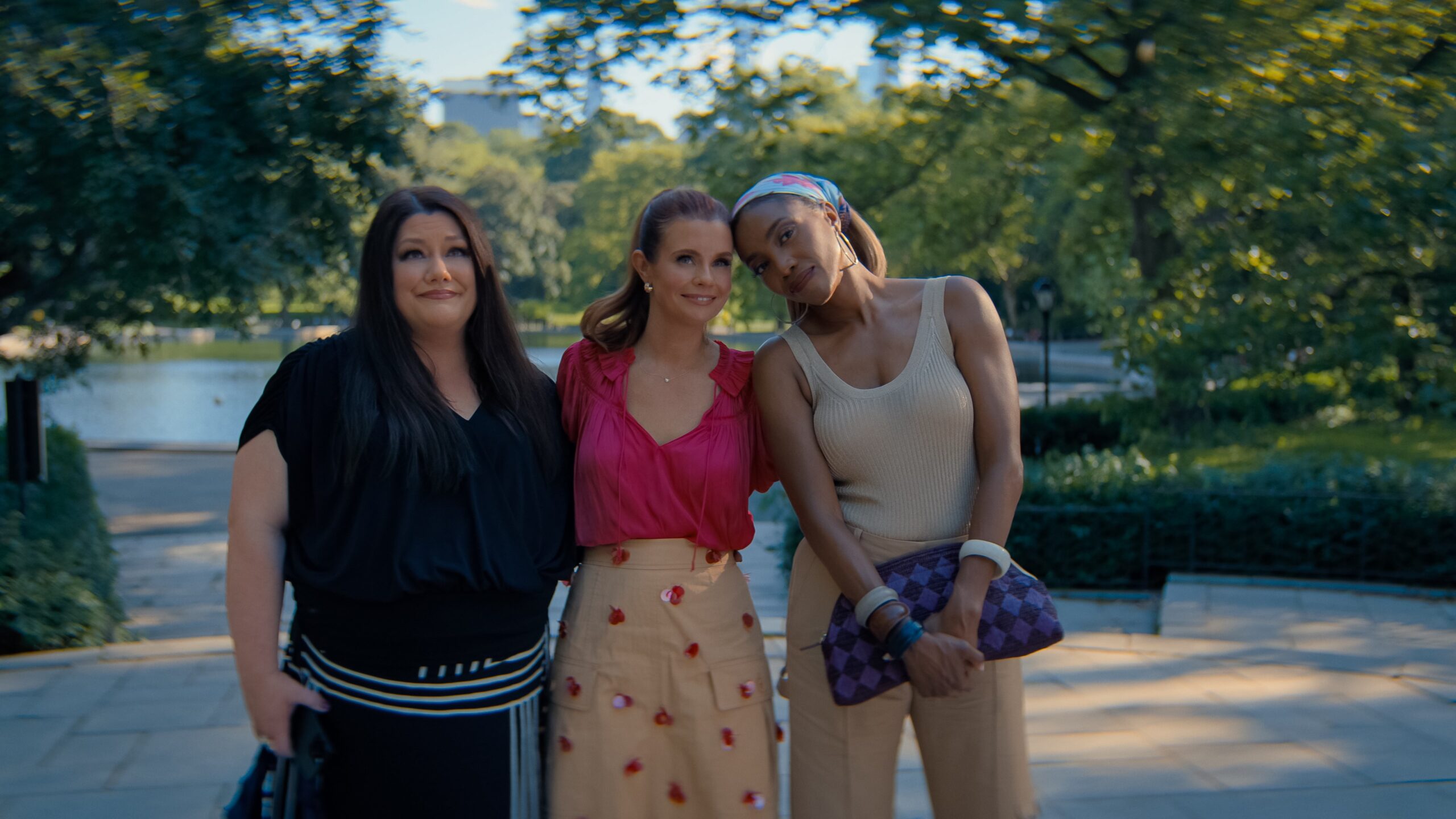Former Starbucks CEO Howard Schultz on Wednesday is likely to face tough questions from Sen. Bernie Sanders about the coffee chain’s alleged union busting.
Schultz stepped down from his post on March 20, handing the reins over to Laxman Narasimhan, who spent the prior six months learning about the company. However, Schultz remains on Starbucks’ board and is its fifth-largest shareholder, with a 1.9% stake in the company he turned into a global juggernaut.
Sanders, a pro-union independent representing Vermont, has been putting pressure on Starbucks for more than a year to recognize the union and negotiate contracts with unionized cafes.
During a Senate hearing on Wednesday, Schultz will defend Starbucks’ approach to its negotiations, maintaining that a direct relationship with workers is what is best for the company, according to a copy of his written testimony viewed by CNBC.
In early March, Schultz declined an invitation from the chamber’s Health, Education, Labor and Pensions Committee, which Sanders chairs, to testify about the company’s handling of the union push. After Sanders called for a vote on whether to subpoena Schultz, the former chief executive agreed to appear in front of the panel.
Starbucks confirmed with the committee that Schultz, who stepped down from the top job earlier than expected, still plans to testify at the hearing, set for 10 a.m. ET.
Schultz’s third stint as CEO of Starbucks lasted just two weeks shy of a year, but in that time he moved aggressively to stem the organizing wave that began under his predecessor, Kevin Johnson. Schultz announced higher wages, better benefits and card tipping for non-union locations as well as a reinvention plan that included automating tasks that baristas found tedious.
As of Monday, 391 company-owned cafes have filed petitions to unionize, and 294 have voted to unionize under Starbucks Workers United, according to data from the National Labor Relations Board. In total, the union has made more than 500 complaints of unfair labor practices related to Starbucks with the federal labor board. Judges have found that the company has illegally threatened baristas, fired workers and prohibited union literature.
Starbucks has denied allegations of union busting and filed roughly 100 of its own complaints against the union.
None of the unionized stores have agreed on a contract yet with Starbucks. An NLRB lawyer reportedly said Tuesday that the company’s refusal to bargain over Zoom was illegal.
Last week, House Republicans issued a subpoena to the NLRB seeking documents and alleging misconduct by the agency’s officials in connection with a Starbucks union election in Kansas.
Beyond lawmakers and regulators, Starbucks also has faced pressure for its handling of the union push from investors. At the company’s annual meeting on Thursday, shareholders cast their votes for a nonbinding proposal that asked for a third-party probe into whether the company broke its commitment to workers’ rights. Starbucks hasn’t shared the official vote counts yet.
— CNBC’s Kate Rogers contributed to this report.





